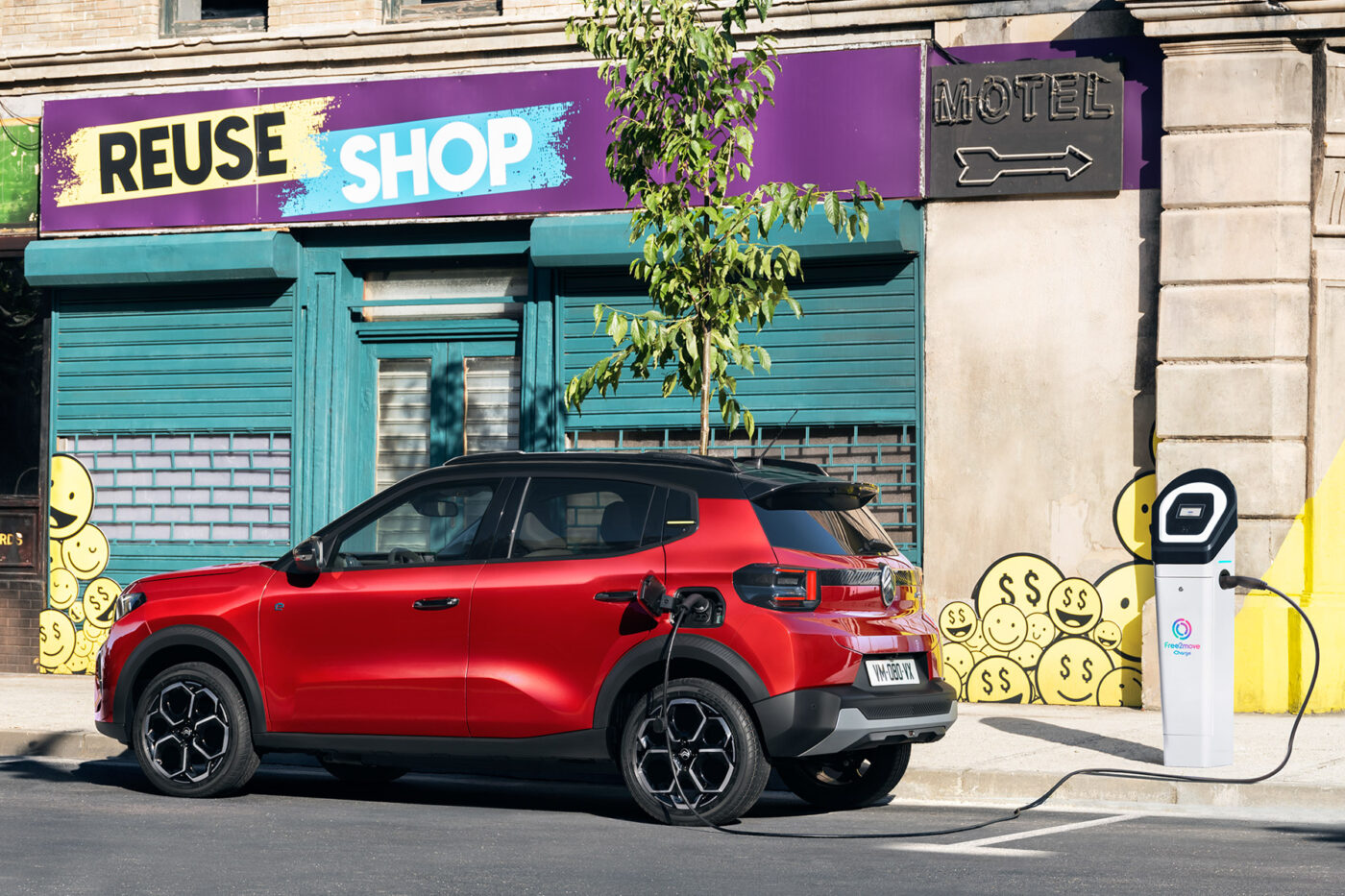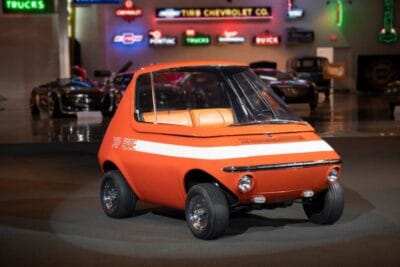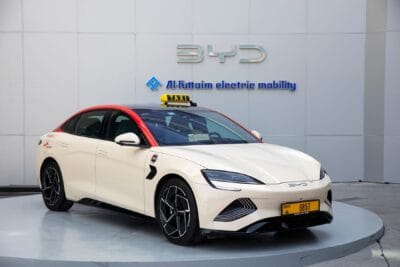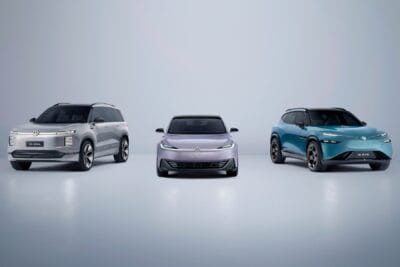SVOLT will supply batteries for Citroën’s ë-C3
We already reported that SVOLT will supply the battery cells for the small electric car. Citroën presented its ë-C3 in October 2023. With a price of 23,300 euros and a WLTP range of 320 kilometres, the EV will set standards for affordable electric vehicles in Europe. For 2025, Citroën plans a version of the ë-C3 with a range of 200 kilometres for 19,990 euros.
The LFP battery in the ë-C3 has an energy content of 44 kWh; SVOLT does not specify the energy density of the cells or the pack. Instead, the manufacturer refers to the well-known advantages of LFP technology, such as the higher thermal and chemical stability and the high number of charging cycles. The battery of the ë-C3 can be charged with up to 100 kW, and a charging process from 20 to 80 per cent will take 26 minutes. The usual charging rate from ten to 80 per cent should thus take just over 30 minutes.
“As a fully affordable electric car that is suitable for everyday use, the all-new Citroën ë-C3 really does have the potential to achieve a breakthrough in electromobility for a large customer group. We are proud that SVOLT is making a decisive contribution to this,” says Kai-Uwe Wollenhaupt, President SVOLT Europe & Senior Vice President SVOLT Energy Technology.
It has not yet been confirmed whether the LFP battery in the Citroën ë-Berlingo also comes from SVOLT. Stellantis presented the revised generation of electric panel vans in October 2023. On paper, a 50 kWh battery means only a small change – even if the energy content is now the net value and no longer the gross figure. When Citroën published details of the new ë-Berlingo in December, it became clear that the battery would have LFP cells. However, the French manufacturer did not name the supplier.
So, although it would be obvious, it has not been confirmed that SVOLT is also supplying the LFP cells for the panel van. The cell manufacturer, which emerged from the Chinese car manufacturer Great Wall, joined Stellantis’ circle of battery suppliers in the summer of 2021. Specific figures on the scope of the order or even models or platforms were not disclosed. In addition to SVOLT cells, Stellantis also uses products from CATL, BYD, Samsung and LG Energy Solution. CATL and BYD also offer LFP cells.





0 Comments